
Unlocking Success in Sustainable Travel in Asia: The 4C Framework
Asian travelers, increasingly impacted by the stark realities of the climate crisis, are becoming more mindful of the environmental and social footprint of their travel choices.
This calls for a swift transition towards sustainable tourism practices among Asian governments, businesses, and travelers alike.
We will explore the 4C strategic framework, supported by real-world case studies and industry best practices, that can help your brand resonate with these increasingly significant market segments.
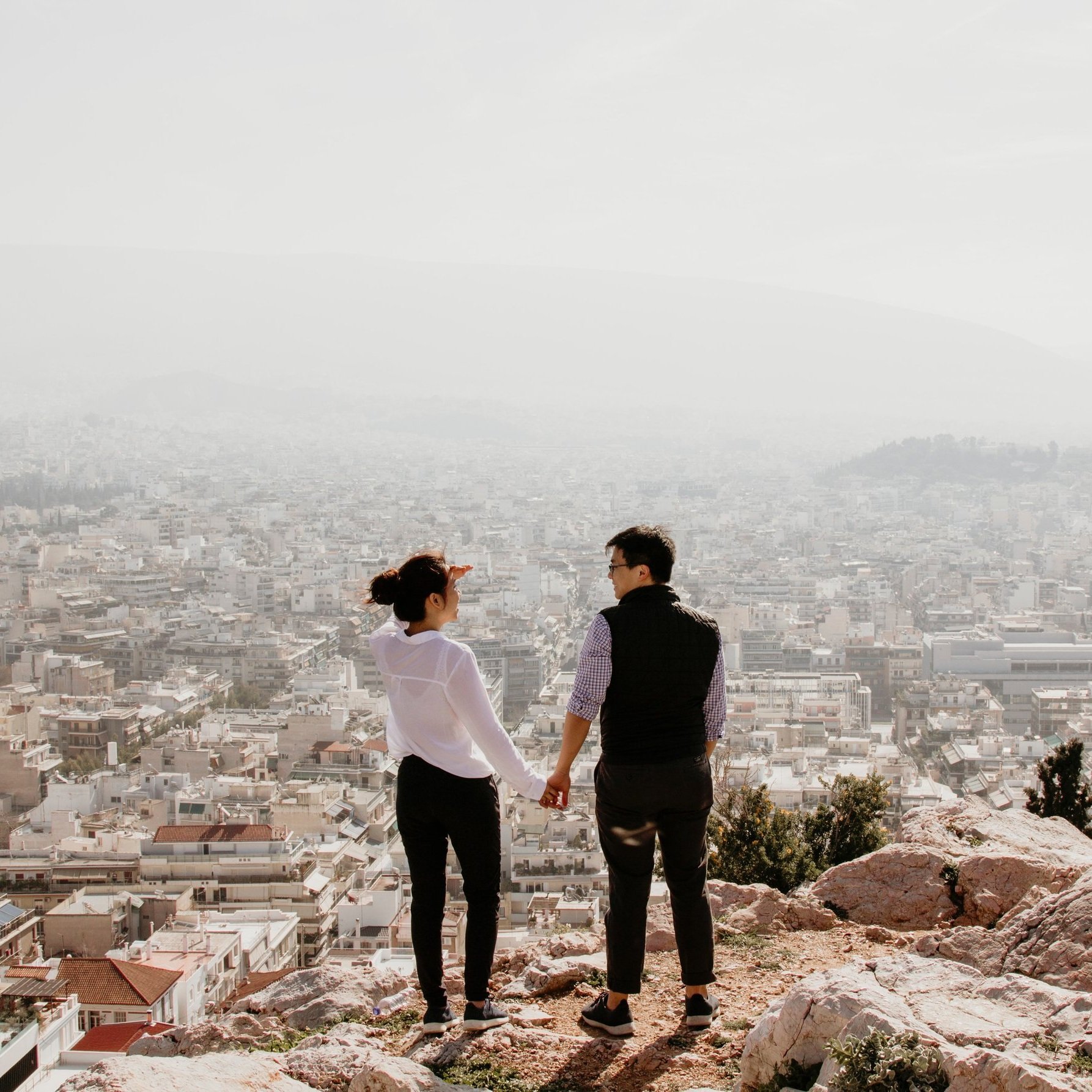
Unlocking Sustainable Travel: Slow Down, Stay Long, and Tap into Asia’s Pivotal Role
In today's fast-paced world, the allure of instant gratification often overshadows the beauty of the present moment. Slow travel, an antidote to this rush, invites us to savor the magic of a destination. It aligns perfectly with sustainability by encouraging immersive experiences over hurried checklists or bucket lists.

5 Essential Campaign Building Lessons for Sustainability Marketers from Barbiemania
Ever felt like you've been living under a rock for missing out on Barbie's cinematic takeover this summer?
Well, if you're a marketer, you know this phenomenon holds more wisdom than meets the eye.
As marketers ourselves, we were captivated by the media and digital media storm around the Barbie movie release. In a summer riddled with climate disasters, Barbie still stole the show.
It's a masterclass in attention-grabbing.
Barbie's marketing team is the real winner here for painting the world pink, making her the talk of towns from Colombo to Columbus.
We are here to deep dive into the marketing and movement-building lessons that we as sustainability marketers and climate advocates can learn from Barbiemania.

AI and Big Data Are Reshaping the Travel Industry, but Not Everyone Is Benefiting
AI offers the travel industry a multitude of possibilities. It elevates the customer experience by automating services like chatbots. But it doesn't stop there. It goes above and beyond by offering personalized recommendations for accommodations and activities, drawing insights from customers' past purchases, reviews, and behavior patterns.
Big Data also plays a crucial role in sustainable travel, enabling the industry to analyze environmental impact, local economies, and social factors. It can provide insights into consumer behavior, trends, and preferences that are highly useful for the efficient management of tourism resources.

Tour Operators: Vanguards of Change for the Travel Sector in Times of Uncertainty
In an era where sustainability has become existentially important, the travel and tourism sector finds itself at a pivotal crossroads: innovate or stagnate, or worse yet deteriorate.
Beyond producing viral Instagram posts and Tiktok reels about dreamy destinations, tour operators can serve as industry stalwarts to orchestrate a harmony of business innovation, social responsibility, and environmental conservation.
Tour operators' ability to innovate, educate, and lead by example will shape the trajectory of travel. But some may wonder where to begin.
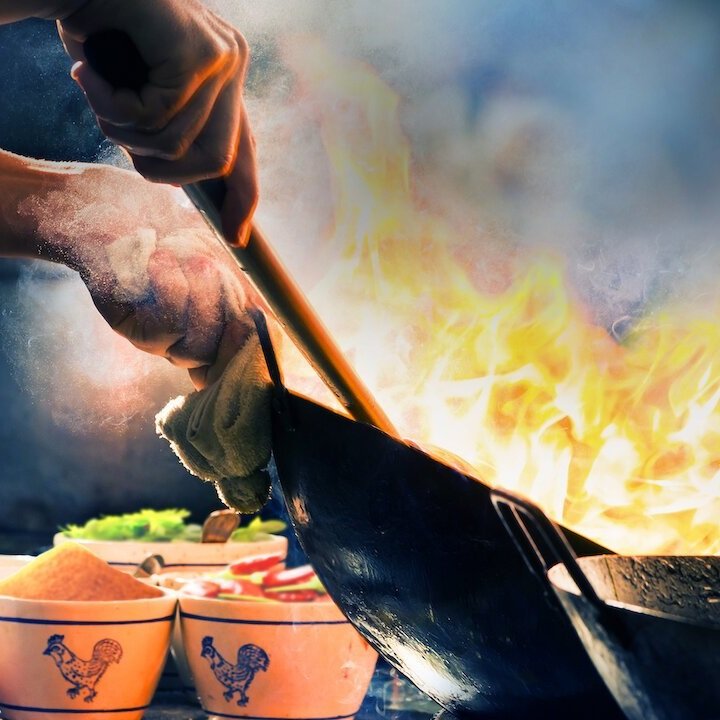
Can Asia’s Sustainable Gastronomy Movement Keep Its Fire Going?
Indulging in sustainable gastronomy has emerged as more than a mere coincidence in Asia. With an ever-growing interest in conscious consumerism, people are awakening to the significance of supporting local businesses, fostering communities, and safeguarding the environment. At the forefront of this gastronomic transformation in Asia lies the farm-to-table movement, creating a direct and meaningful connection between producers and consumers and bringing people closer to their food. By forging a direct link between these two essential entities, the food industry could achieve enhanced traceability and transparency to procure ethically sourced, high-quality ingredients.

Sustainable Luxury: An Oxymoron or Consequential Bedfellows?
Critics argue that the very existence of the sustainable luxury concept is an oxymoron as the industry is often associated with high levels of consumption and resource use contributing to carbon emissions and ecological degradation. At the same time, many in the luxury sector believe that they can be the catalyst of change. With their significant influence and affluent clientele, these brands have the power to set trends and shape consumer behavior.
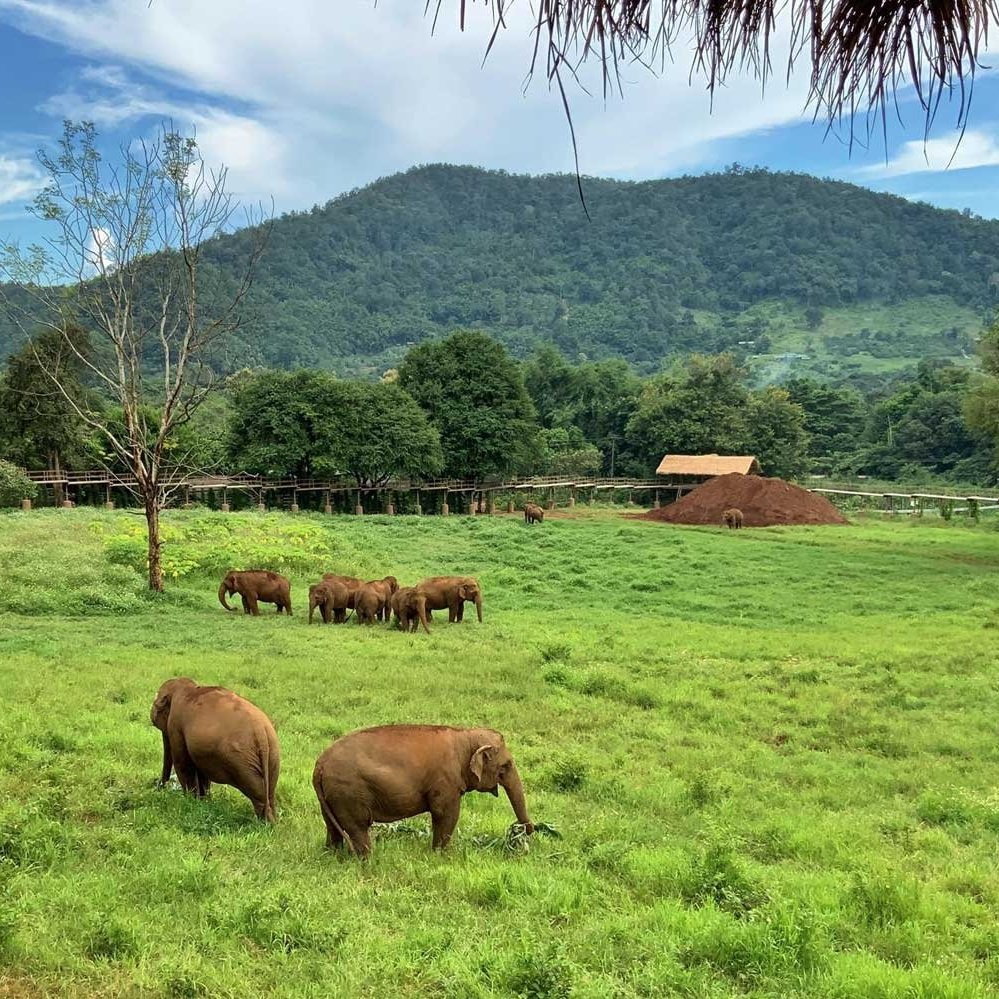
Harmonizing Human Encounters & Conservation in Wildlife Tourism
Asia is a popular destination for wildlife tourism. From the majestic Asian elephant to the mighty Indonesian Komodo dragon, from the iconic Bornean orangutan to the regal Philippine eagle, the continent is full of breathtaking wildlife encounters that draw tourists from around the world. And yet, these opportunities come with great responsibility for hospitality and travel professionals to ensure that these wildlife experiences are ethical and sustainable.

Why The Future of Luxury Hotel in Asia Could Be 'Barefoot'
The travel and hospitality industry has witnessed a remarkable shift in recent years as a new kind of luxury experience emerges — one that celebrates sustainability, environmental consciousness, and a deep connection with nature without compromising on comfort or style. This emerging philosophy, known as "barefoot luxury," is redefining the traditional notion of luxury travel in Asia.

Struggling with Telling Your Brand’s Sustainability Story? Steal These Ten Tips
A sustainability management platform can help monitor and measure sustainable practices and make a real difference to your hospitality business.
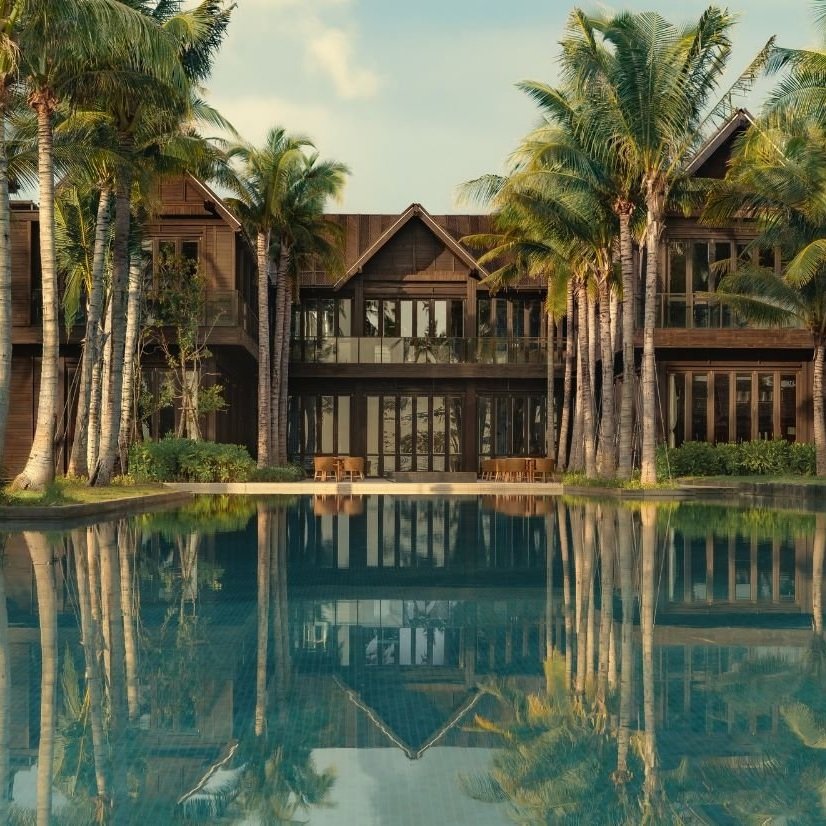
Can a Sustainability Management Platform Transform Your Hotel?
A sustainability management platform can help monitor and measure sustainable practices and make a real difference to your hospitality business.

Caution Against or Cheer For the Return of Outbound Chinese Travelers?
A palpable opportunity for responsible tourism with the Chinese travelers waiting to be unlocked.
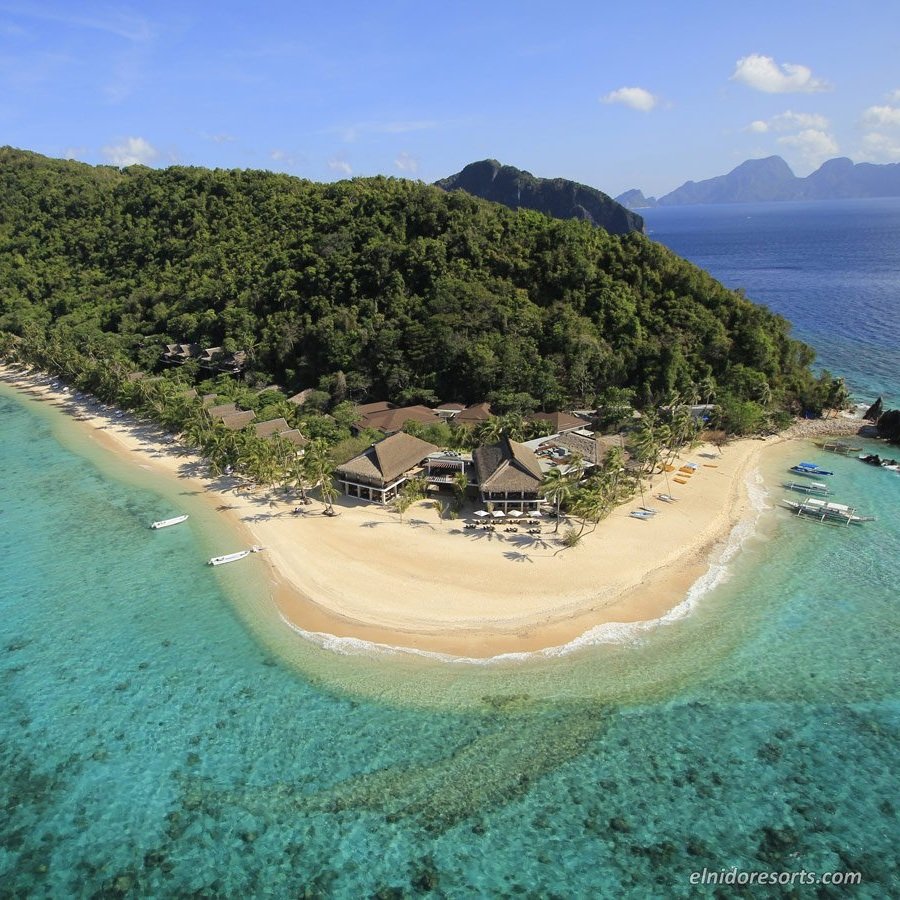
Can Regenerative Travel Revolutionize Southeast Asia’s Tourism?
Regenerative tourism promotes rejuvenation and renewal, rather than simply supporting what already exists. It’s taking form across Southeast Asia.

Can ‘De-Influencing’ Be An Answer to Prevent Overtourism in Asia?
Social media influencers have played a key role in shaping travel trends. Could “'de-influencing” be an answer to solve over-tourism?

Impress Guests & Increase Bottom Line With Eco-Conscious Event Services
Sustainable event planning not only helps to protect the environment but also provides customers with the assurance that the company they are supporting is working to reduce its carbon footprint and waste.

Are You Going To Attend A Travel Trade Show? Here’s Why To Think Again
After nearly three years of hiatus due to the Covid-19 pandemic, Asia’s travel professionals are looking to return to trade shows.

